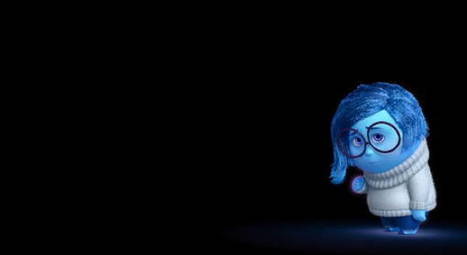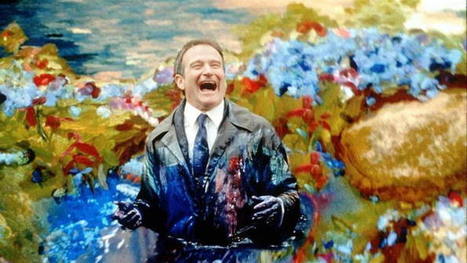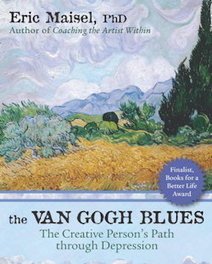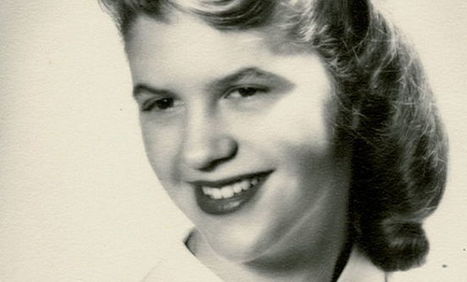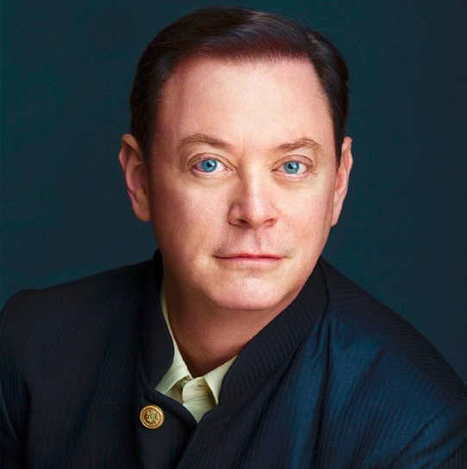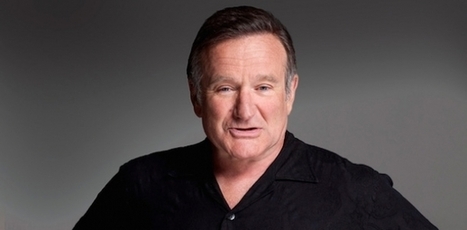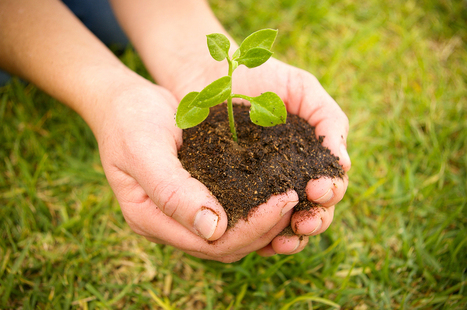"Highly Sensitive People who are chronically over-stimulated may be at higher risk for developing feelings of helplessness and then depression."
Research and publish the best content.
Get Started for FREE
Sign up with Facebook Sign up with X
I don't have a Facebook or a X account
Already have an account: Login
Related posts: http://talentdevelop.com/category/mental-health/
Curated by
Douglas Eby
 Your new post is loading... Your new post is loading...
 Your new post is loading... Your new post is loading...
|
|






